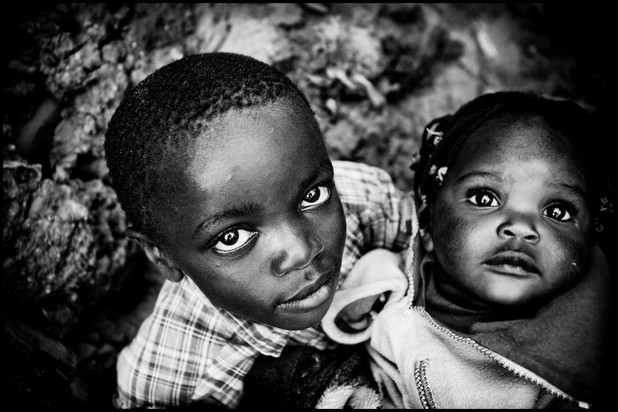- Story Highlights
-
- Pharmaceutical Testing: Drug companies are using children in developing world to test medications destined developed world markets.
Pharmaceutical Companies Using Children in Poorer Countries to Test Medications for Developed World
Drug companies are using children in developing world countries like Uganda and India to test experimental medications.
In 1997, US legislators passed a law called the Pediatric Exclusivity Provision. This law offered a financial incentive to drug companies to develop medications for children by giving an extra 6 months of patent protection on medications that would normally only be tested and available for adults, if these companies would also run trials to approve these medications for children.
Since the passing of this law, more than 150 drugs for children have received FDA approval, but Duke University medical researchers found that a third of published clinical trials performed under this provision involved children from poorer developing world countries.
Lead researcher Dr. Sara K. Pasquali of Duke University said that using children from poorer countries to test medications destined for children in developed world nations certainly raised some ethical issues, saying, "Oftentimes, access to a study may be the only access to medical care a family has. Once the testing is done, however, it's unclear if effective drugs will be marketed in the country in question, and whether they will be affordable.”
Mark Grayson, a spokesperson for the Pharmaceutical Research and Manufacturers of America says, however, that there’s nothing wrong with performing clinical trials outside of the US because the trials are conducted in the same way they would be in the US, saying, "All of our companies follow our principles on conducting clinical trials. No matter where we are we follow our principles.”
Although drug makers may follow established trials protocols when conducting testing outside of the US, some critics, like McMaster University Pharmacologist M. Nabeel Ghayur, say that the way things are done in some developing world countries make protocols like informed consent far less meaningful.
Ghayur, who has worked in drug development in Pakistan commented, saying, "Recruiting people is easy, getting informed consent is easy, getting approval is easy, paying the patients and paying the doctors is easy. The physicians and investigators have absolutely no idea about the seriousness of the situation….People actually have blind trust in their doctor in South Asia. They have no idea what drug development is, they have no idea what clinical trials are”
The full research results can be read in the journal, Pediatrics.

